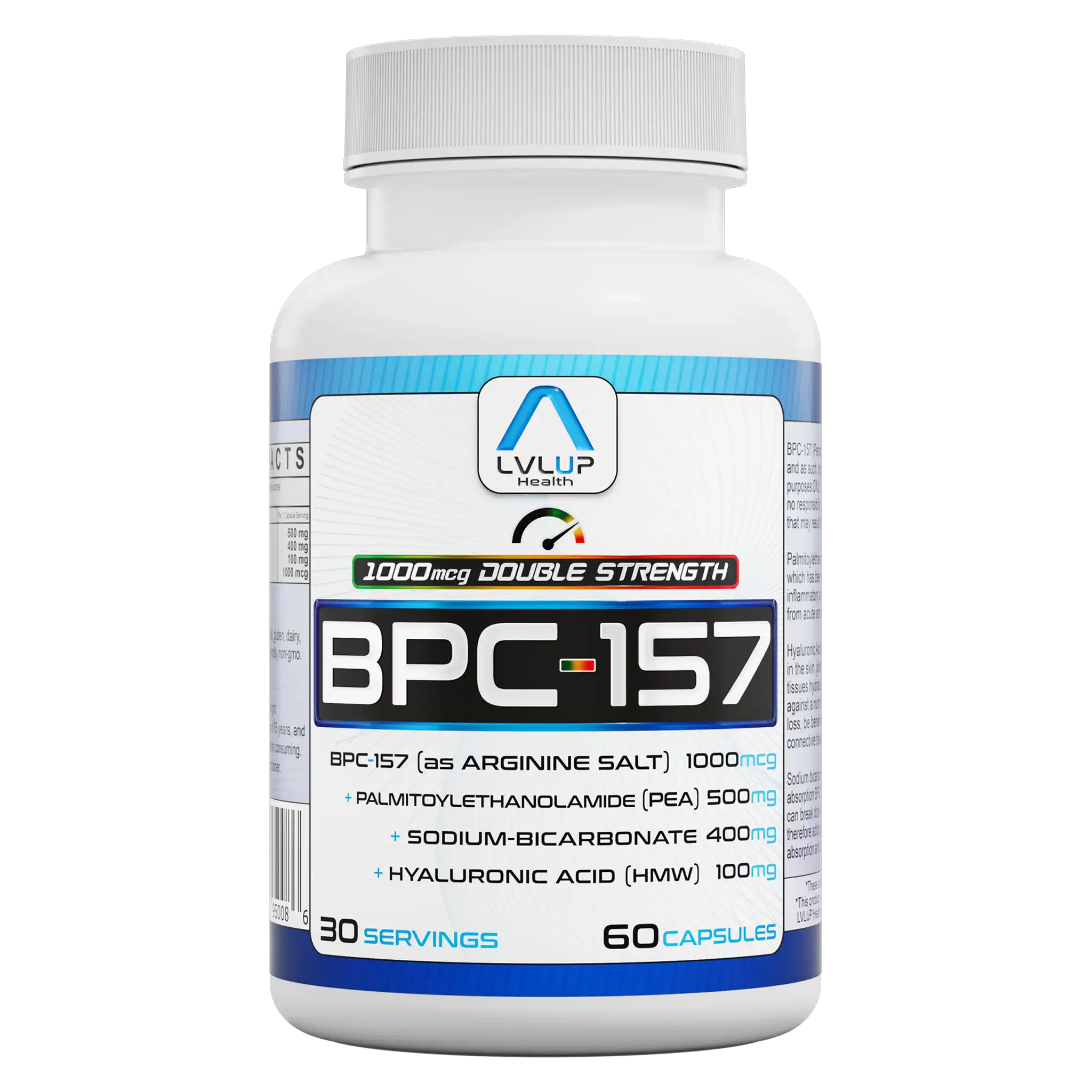N-ALCAR
About N-ALCAR
What makes N-ALCAR useful
n
N-ALCAR is derived from L-carnitine, a compound your body already produces. Its main role is transporting fatty acids into the mitochondria – the tiny power plants inside your cells. There, fats are converted into usable energy. The “acetyl” component helps N-ALCAR cross into the brain more easily than regular L-carnitine, making it popular in cognitive support formulas.
n
n
How it fits into different formulas
n
You’ll often find N-ALCAR in supplements focused on mental clarity, mitochondrial function, or recovery after physical or cognitive effort. It’s usually paired with other mitochondrial nutrients like alpha-lipoic acid or B vitamins to support both energy production and brain health. Antioxidants are also common partners, offering extra protection against cellular wear and tear.
n
n
A brief comparison with L-carnitine
n
While L-carnitine is popular among athletes for fat metabolism, N-ALCAR is favored for cognitive support. Its chemical structure gives it a special advantage when targeting issues involving the brain or nervous system.
n
n
Who uses N-ALCAR blends?
n
Biohackers love stacking N-ALCAR with other cognitive nutrients for a nootropic effect. But anyone looking to support energy during stressful times or keep their mind sharp as they age might find it beneficial.
n
n
Synergy with other ingredients
n
N-ALCAR works well alongside adaptogens like rhodiola or other compounds targeting similar pathways. Antioxidants complement it by adding a layer of cellular protection.
n
Found In
Formulated With
Detailed Information
Scientific exploration of N-ALCAR
n
N-Acetyl-L-carnitine (N-ALCAR) is the acetylated ester form of L-carnitine. The acetyl group enhances its ability to cross the blood-brain barrier, leading to accumulation in neural tissues. Once inside neurons and glial cells, N-ALCAR acts both as a substrate for acetyl-CoA formation via carnitine acetyltransferase and as a transporter of long-chain fatty acids into mitochondria for β-oxidation.
n
n
Mitochondrial support and cognitive function
n
This compound increases mitochondrial substrate availability, supporting ATP synthesis through oxidative phosphorylation, especially under demanding conditions or neurodegenerative challenges. Research shows that N-ALCAR can modulate choline acetyltransferase activity, influencing acetylcholine biosynthesis – a factor relevant for cognitive function. Additionally, N-ALCAR has been linked to reductions in oxidative stress markers like malondialdehyde through indirect antioxidant mechanisms.
n
n
Research and synergistic applications
n
In clinical research, N-ALCAR has been studied for its role in supporting neuroplasticity, modulating neurotrophic factors such as BDNF, and optimizing mitochondrial biogenesis gene expression, notably PGC1-alpha. Synergistic applications often involve pairing with alpha-lipoic acid due to complementary effects on cellular redox states and mitochondrial integrity.
n





